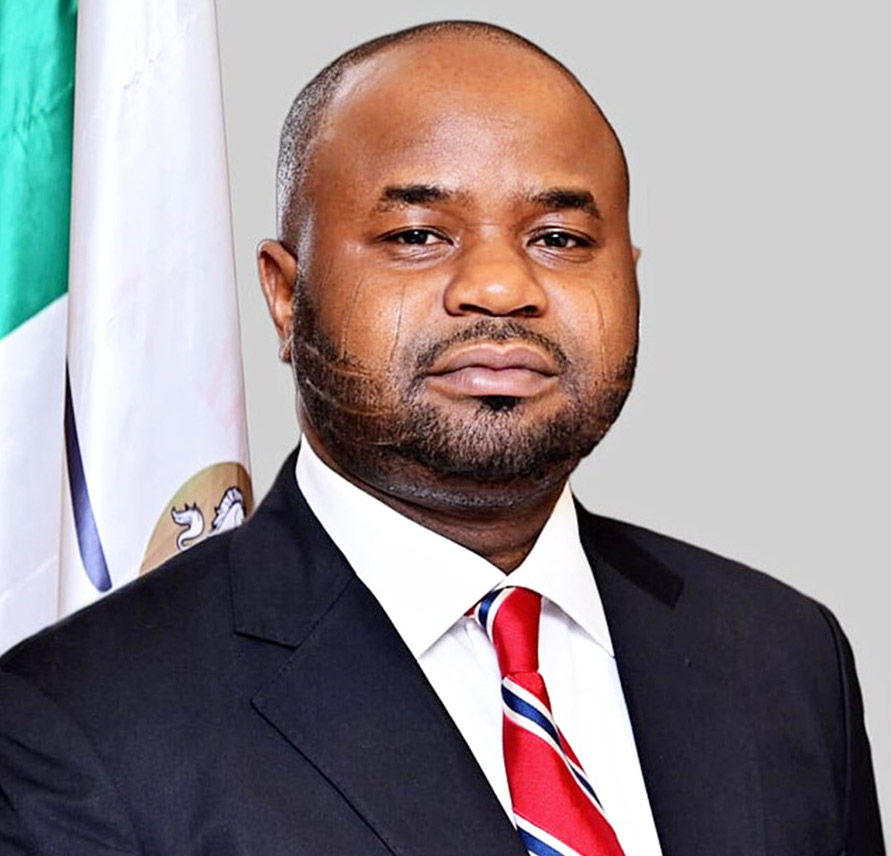The Federal Inland Revenue Service (FIRS) has engaged with stakeholders in Nigeria’s oil and gas industry in Lagos as it prepares to launch its electronic invoicing (e-invoicing) system on July 25, 2025. The event provided a platform to sensitise industry players and showcase the features and benefits of the new system.
FIRS described the e-invoicing system as a reporting tool designed to streamline tax processes, improve compliance with fiscal regulations, enhance financial insight and capital management for businesses, and expand their global reach by facilitating transactions with foreign firms.
Speaking at the event , Richard Kimeku, Director of Technology at FIRS, called the initiative a strategic upgrade to Nigeria’s fiscal transaction systems aimed at boosting transparency and accountability in tax administration.
“This is not just a digital upgrade; it is a federal government-backed initiative to create robust visibility of digital business transactions across the entire country for both FIRS and taxpayers,” Kimeku said. “For both FIRS and taxpayers, it represents a major step forward in making tax administration and compliance more accurate.”
He emphasised that the system aims to capture transactional data directly from taxpayers, significantly improving transparency. Kimeku clarified that the e-invoicing platform is not a payment system but a tool to provide visibility into business transactions, making tax compliance more efficient and accurate.
The rollout will adopt a phased approach, starting with large taxpayers before extending to medium and small enterprises. “We are starting with large taxpayers first. From that categorisation, we will go down to medium taxpayers, then emerging taxpayers,” Kimeku explained.
Sadiq Arogundade, FIRS lead consultant for e-invoicing, said the platform was developed using international standards and is ready for deployment. Many large taxpayers have already begun pilot testing.
“The system is ready. Several large taxpayers are piloting it, and some are prepared to go live on the set date of July 25,” Arogundade stated. He added that while the platform will be available to all businesses from that date, adoption is currently not mandatory.
“There is no mandatory use of e-invoicing at the moment. The system will be fully available for any interested businesses to enable their operations,” he said.
Mike Adoga, Acting Director of Tax Automation at FIRS, explained that the e-invoicing system is a multi-layered ecosystem, including components such as the merchandise system — which generates invoice reference numbers — and the Merchant Business Solution (MBS) 360 mobile application.
FIRS first announced plans to introduce e-invoicing in September 2024 as part of efforts to improve Nigeria’s tax system.





